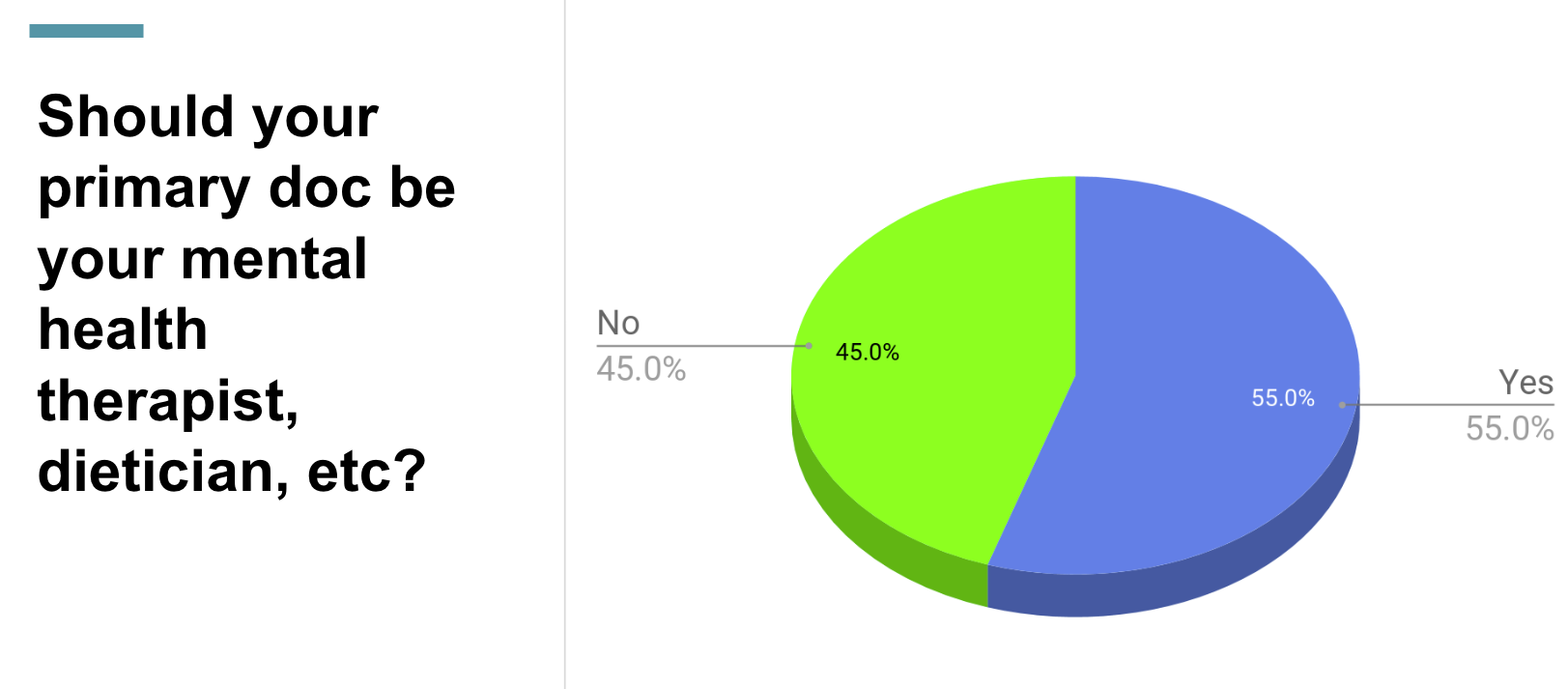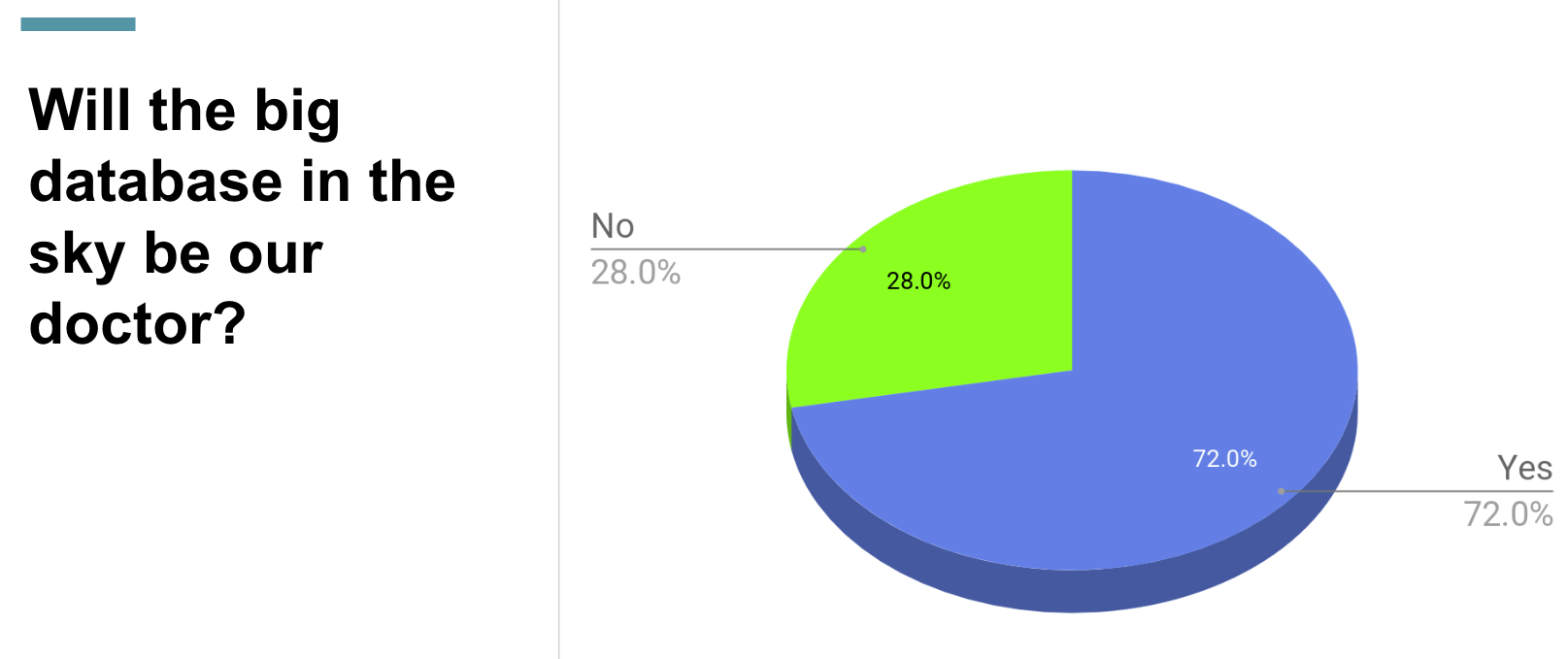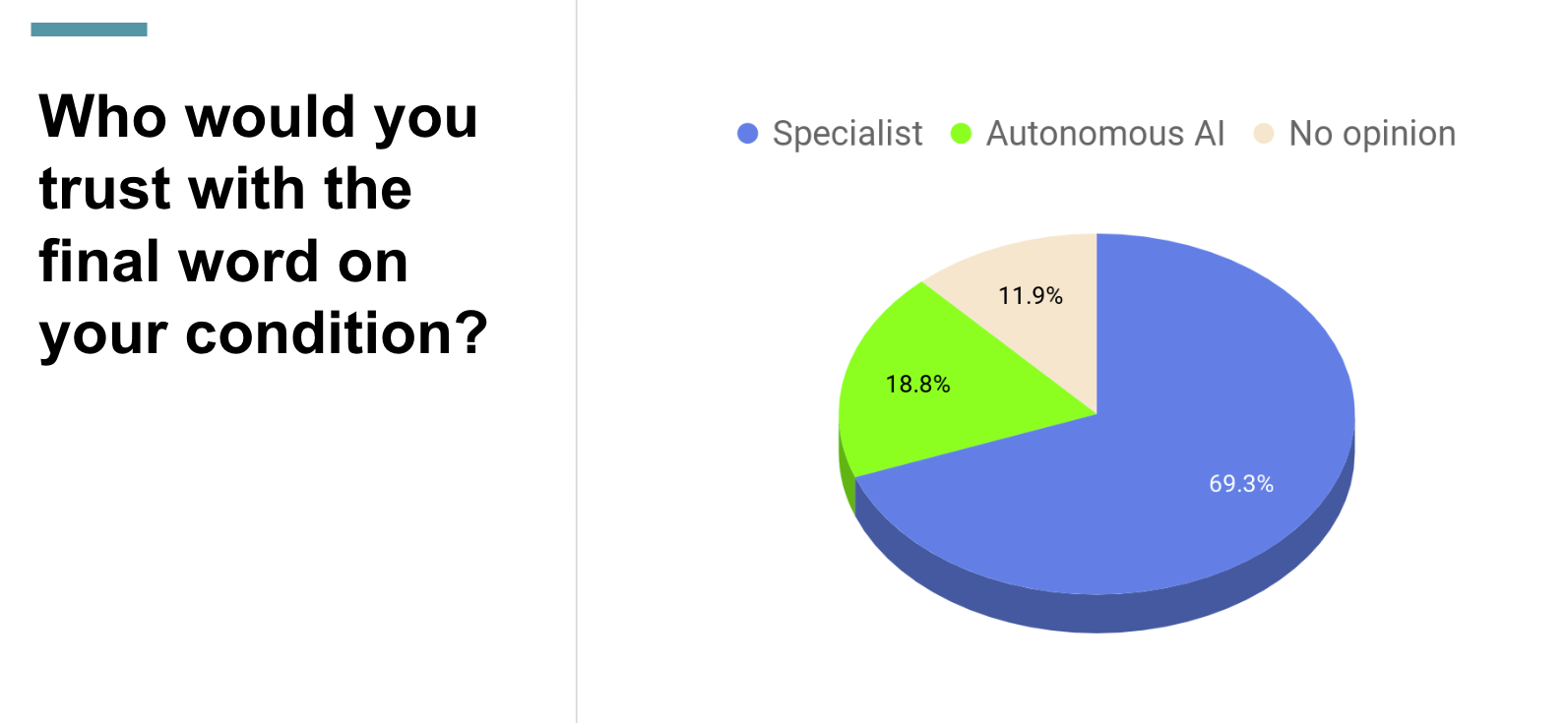The role of the doctor is changing for a number of reasons, not the least of which are advances in technology: AI, machine learning, genomic sequencing, remote sensors, medical devices. These developments are enabling doctors to have quality time with their patients, as Dr. Eric Topol explains in his book: How AI can make healthcare human again.
The other reason is due to a doctor shortage that’s causing doctor burnout. What’s the reason behind the doctor shortage? Despite some ridiculous arguments that it’s due to America’s capitalist system, it really has to do with fewer people becoming doctors vs the number of people aging who need them. Baby boomers account for a quarter of the population and by 2030, they’ll all be in retirement age. The number of people over 65 yrs old is expected to rise by 48 percent by 2032 vs the overall population rate at 10 percent.
Moreover, a third of the active doctors will also be older than 65 and retiring.
At our Invent Health Reinventing the doctor conference, we surveyed our audience of scientists, physicians, payers and providers, investors and startups to understand their view on the changing role.
As we discussed in our Future of Clinics event, there seemed to be two perspectives. The first is that the doctor will take on a broader role of handling more care. The other view is that the doctor will work more closely with a team, maybe more specialists. Interestingly enough, in our survey, more than half of respondents (55 percent) said the primary doctor should also be a dietician and mental health therapist. In other words, a primary doctor should be more holistic and lifestyle-focused.

Another interesting finding was that nearly three-quarters of those polled believed the doctor will be the big database in the sky.

Yet conflicting and contrasting with the above answers was that when asked who would you trust with the final word about your condition, more than two-thirds said they’d trust a specialist over autonomous AI.

We also asked how many people supported Medicare for All. Read the study to see the full survey. Go here: Reinventing the doctor survey.
Must be a Vator member logged in.
Read our prior study: Future of Mental Health
Want to come to our upcoming salon? The final gathering for 2019 will focus on healthcare insurance. REGISTER early for “The Future of Healthcare Insurance” hosted by HP, UCSF Health Hub and Vator. Thanks to Avison-Young, Scrubbed, Stratpoint and Advsr for their sponsorship support.
(Disclaimer: There were under 200 respondents, so statistically speaking, this is not a valid study.)




















